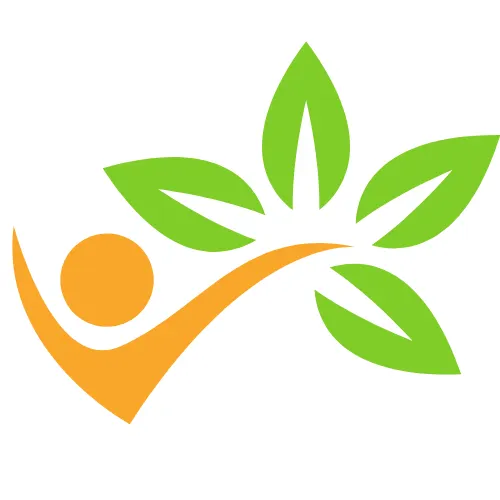Mastering the Clock: The Ultimate Guide to Personal Time Management
Personal time management is a skill that is essential for success in all aspects of life. Whether you're a student, a professional, or a busy parent, effective time management can help you achieve your goals, reduce stress, and improve your overall quality of life. In this article, we'll explore the many benefits of personal time management and provide tips for developing this valuable skill.
One of the most significant benefits of personal time management is the ability to increase productivity. When you effectively manage your time, you can accomplish more in less time, leaving you with extra time to pursue other interests or enjoy leisure activities.
By prioritizing tasks, breaking them down into manageable steps, and setting realistic deadlines, you can streamline your work process and avoid procrastination. This increased efficiency will not only benefit you but also your employer, coworkers, or family.
Another benefit of personal time management is a reduction in stress. When we feel overwhelmed by tasks and deadlines, we can become anxious and stressed. This can negatively impact our mental and physical health, leading to burnout, fatigue, and other health problems.
Effective time management can help alleviate these stressors by giving us a sense of control over our tasks and schedules. By breaking down our work into manageable pieces, we can reduce the feeling of being overwhelmed and tackle each task with a clear and focused mind.
Personal time management can also lead to improved work-life balance. When we effectively manage our time, we can devote the necessary time and energy to our work, but also make time for our personal lives.
This can help us feel fulfilled and happy, as we are not neglecting the other important aspects of our lives. By scheduling time for leisure activities, hobbies, and self-care, we can maintain a healthy work-life balance and avoid burnout.
Effective time management can also improve our decision-making abilities. When we have a clear sense of our priorities and goals, we can make informed decisions about how to spend our time. We can avoid taking on too much work, saying yes to commitments that don't align with our goals, or wasting time on unimportant tasks. By being intentional with our time, we can make better decisions and achieve our desired outcomes.
In addition to these benefits, personal time management can also help us develop important life skills such as self-discipline, organization, and planning. These skills can be applied to all areas of our lives, from personal relationships to career advancement.
By practicing these skills regularly, we can become more effective, efficient, and successful in all aspects of our lives.
So how can you develop your personal time management skills? Here are some tips:
1. Set clear goals: Start by setting clear and specific goals for yourself. This will help you prioritize your tasks and stay focused on what is most important.
2, Prioritize your tasks: Once you have your goals in mind, make a list of all the tasks that need to be completed to achieve them. Then, prioritize the tasks based on their importance and urgency.
3. Create a schedule: Use a planner or calendar to create a schedule for your day, week, or month. This will help you stay on track and ensure that you have enough time to complete all your tasks.
4. Break tasks down: If you have a large project or task to complete, break it down into smaller, manageable pieces. This will make it easier to tackle and help you avoid feeling overwhelmed.
5. Avoid procrastination: Procrastination is a common enemy of personal time management. To avoid it, set realistic deadlines for yourself and hold yourself accountable for meeting them.Take breaks: It's important to take breaks throughout the day to recharge and avoid burnout. Schedule time for breaks, and use that time to do something you enjoy or relax.
Personal time management is a valuable skill that
